Notion vs. OneNote: Which Note-Taking App Should You Use in 2025
Advertisement
Apps for taking notes have become rather important in daily life. Digital notes are helpful for planning, business, and education. Notion and OneNote are among the most often downloaded apps. Both provide excellent information storage and task-organizing capabilities. However, they operate somewhat differently. Many users in 2025 wish for more than just a note-writing space. People need simplicity of use, cloud synchronization, and flexibility. OneNote and Notion both have certain strengths.
One could, however, suit your requirements more than the other. This guide makes a basic comparison between the two apps. We will consider layout, features, pricing, and performance. You will be aware at the end of which app fits your style more. Let's compare Notion with OneNote so that you can select the correct tool for 2025.
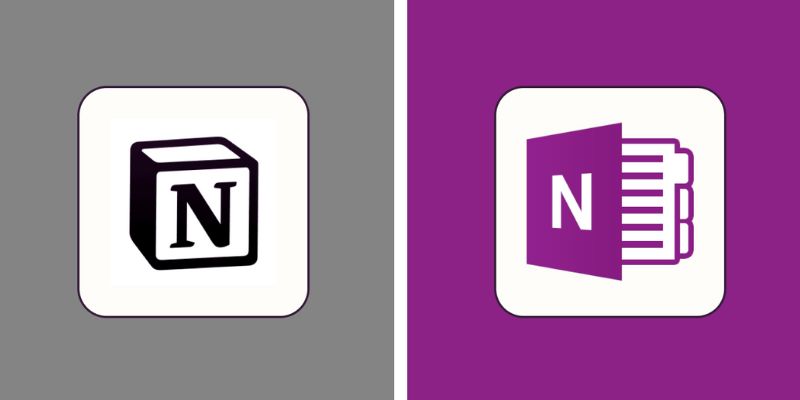
Key Differences Between Notion and OneNote
Below are the main points where Notion and OneNote differ, helping you choose the best application:
User Interface and Ease of Use
OneNote's section and page-based notebook-like layout make using and understanding it simple. Users of Microsoft Office will know this looks like an actual notepad. Tabs and menus simplify things. Each item—text, pictures, or tasks—is a block you may move in Notion's block-based system. Although it gives great control, initially, it seems contradictory. It takes time to get used to. Fast and basic note-taking is best done with OneNote. If you desire complete control over how everything is arranged and enjoy customized layouts, then the notion is more suited.
Features and Customization
The notion is a whole digital workspace, not just a note-taking app. Task boards, databases, wikis, and calendars are among the things you can create. Templates and linked related sites are another ability you have. It enables you to design your workspace any way you like and offers great customization. OneNote pays more attention to organizing ideas and class notes. You can record voice, text, draw, and file insert. For free-form input and handwriting, it's fantastic. OneNote keeps things straightforward; Notion is perfect for creating bespoke solutions. Use Notion if your affection is in features. If you need rapid, flexible writing and information capturing, use OneNote.
Organization and Search
OneNote arranges notes into pages, sections, and notebooks. Management of this basic three-level structure is straightforward. It also enables tagging and effectively locates keywords for the search function. Notion allows you to arrange on nested pages—pages within other pages. It gives more freedom, but without a defined system, it may get messy. The notion also boasts robust search engines and filters. Users who like a straightforward and clean interface will find OneNote more suited. The notion suits consumers who need thorough organization or managing complicated material. Both permit connection between pages, but Notion's links are more useful and stylish.
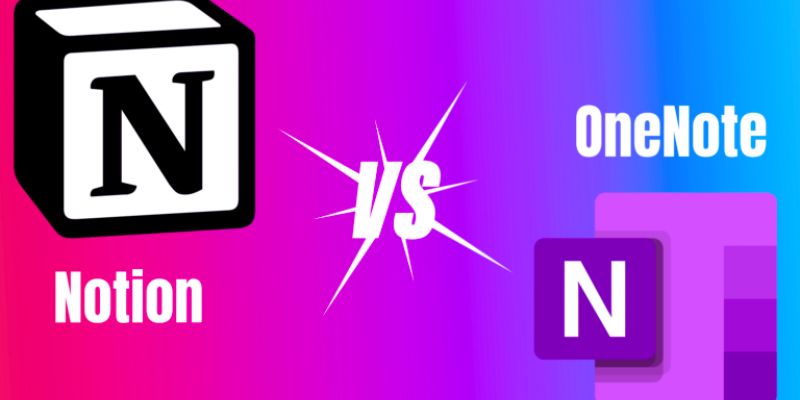
Collaboration and Sharing
Notion and OneNote will enable teaming and sharing tools in 2025. The notion is designed for cooperation. You can tag people, post comments, assign tasks, and even distribute workspaces. Real-time editing lets you control page access and smooth out collaborative collaboration. One Note lets you invite others to edit and share notebooks. However, occasionally, cooperation lags or results in synchronizing problems. For thorough planning and remote teams, the concept is perfect. OneNote works well for informal sharing among colleagues or students. If regular team involvement is part of your work, Notion provides more robust tools. For individual notes and light sharing, OneNote is good.
Device Support and Offline Access
OneNote runs on Windows, macOS, iOS, Android, and web platforms. It runs effectively offline and syncs via OneDrive. Your notes are viewable and editable without the internet; updates sync later. One Note also enables stylus input, which is ideal for handwriting or drawing. Notion performs on all main devices as well. However, its offline mode is somewhat restricted. Pages are viewable; editing or synchronizing might not be successful. When you always have an internet connection, notion is best. OneNote is better when working offline or on touchscreens with a pen for notes or diagrams.
Price and Plans
Usually free and included with Microsoft 365, OneNote provides most capabilities without further expense. OneNote fits right if you already use Microsoft products like Word or Excel. Budget-conscious consumers would find it a wise decision. Notion offers people a robust free plan. Notion provides subscription options for teams or greater capabilities, including admin tools and more storage. Given what they cover, these are reasonably priced. OneNote is your best choice if you want most capabilities without paying. Notion provides superior choices for expansion if you're comfortable purchasing additional tools and flexibility.
Which App Should You Choose?
Your note-taking approach and needs will determine which Notion and OneNote you choose in 2025. The notion is the superior option if you wish complete control, adaptable layouts, strong tools for projects, databases, and teamwork. For teams needing to create thorough workspaces, project managers and planners will find it fantastic. Conversely, OneNote is perfect for quick, basic note-taking using a layout reminiscent of a genuine notebook. It's great for authors, students, and anyone who needs fast idea jotting down.
OneNote is stylistically more pleasant and performs better offline as well. Consider how you note—do you have to create pages, organize tasks, and collaborate with others? Alternatively, do you want a digital diary to help you sort through ideas? Both programs have excellent capabilities, and each has a different use. The good news is you won't have to guess; test both for free to find which one feels natural. Your habits and work style will direct the ideal decision for you.
Conclusion:
Notion and OneNote are both excellent tools, but their uses differ. For difficult projects and collaborative work, Notion is excellent since it provides rich customization, project tools, and team features. For rapid note-takers and students, OneNote excels in simplicity, offline access, and a notebook-style interface. Consider your preferred method of concept organization and whether you need teamwork or just personal use. Try both applications; they are free to use. The greatest decision ultimately comes from your daily routines, job requirements, and degree of comfort with creativity or structure.
Advertisement
Related Articles
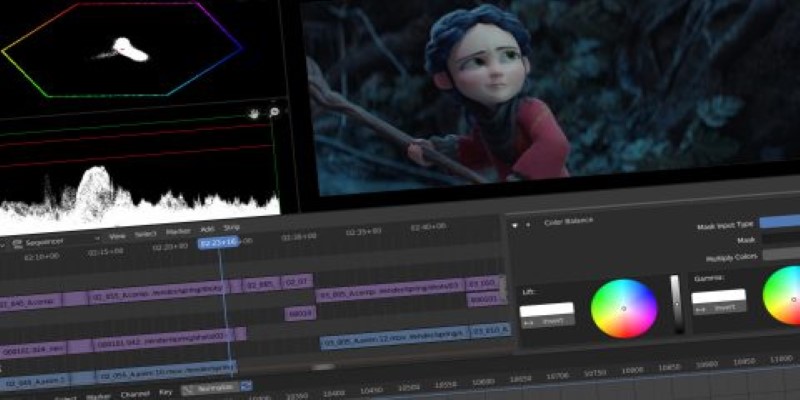
Edit Videos for Free: Using Blender and Other Top Alternatives
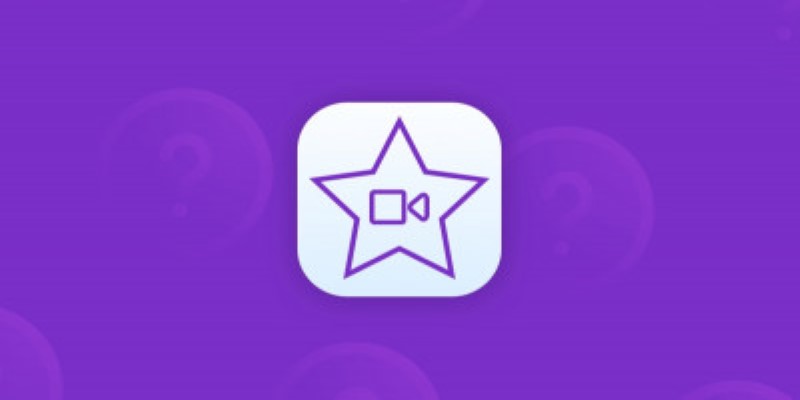
Great iMovie Replacements for PC with Smart Editing Features
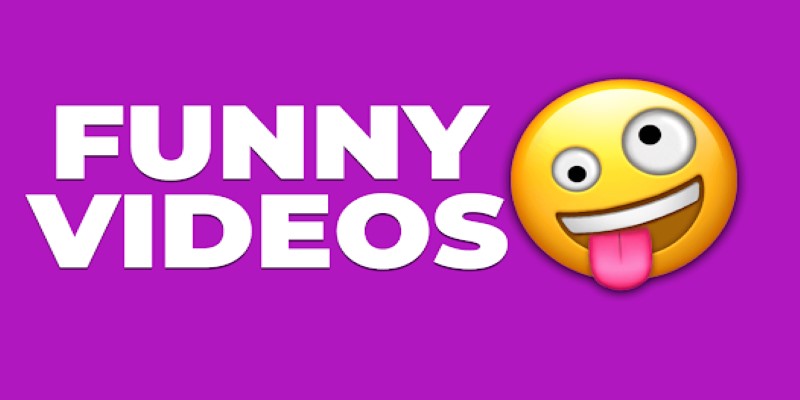
How to Make a Funny Video: 6 Steps That Actually Work
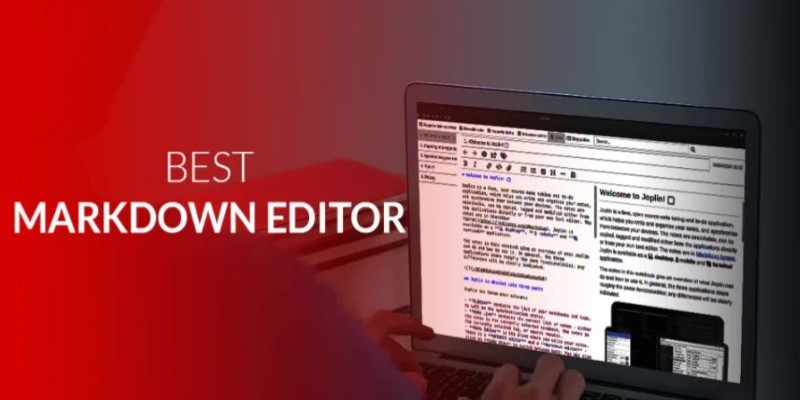
Best Markdown Writing Tools for Windows Users

10 Songs That Make Graduation and Wedding Slideshows Stand Out
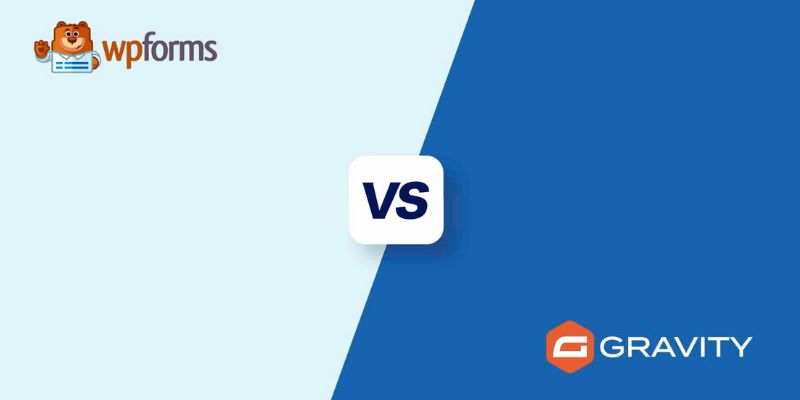
WPForms vs. Gravity Forms: Which WordPress Form Plugin Is Best for 2025
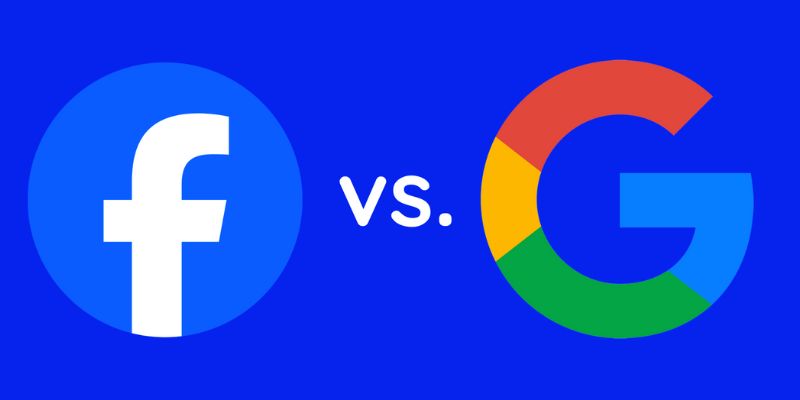
Google Ads vs. Facebook Ads: Which is Best for Your Business in 2025
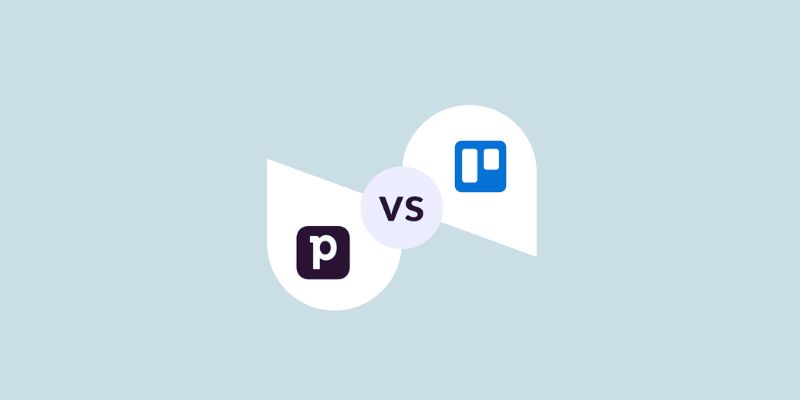
Pipedrive vs. Trello: Which CRM Tool Should You Choose in 2025
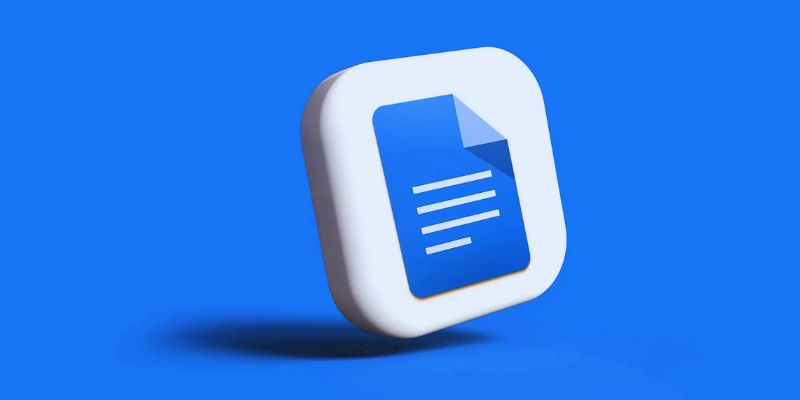
How to Make a Timeline in Google Docs for Your Next Project: A Guide
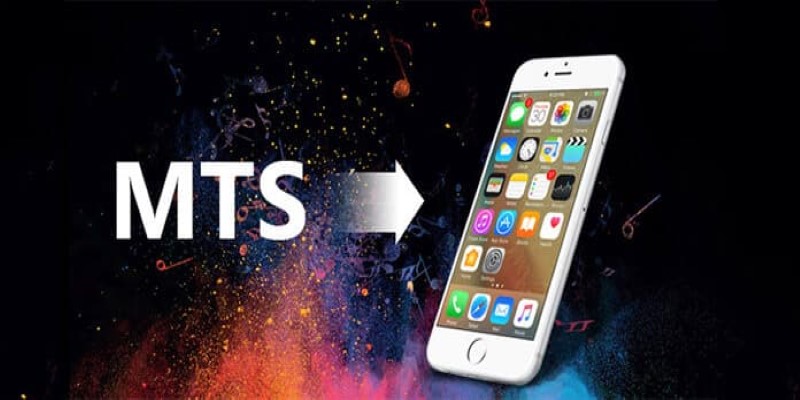
7 Simple Ways to Make MTS Files Work on Your iPhone

Best Software to Build Guided Product Tours

 novityinfo
novityinfo